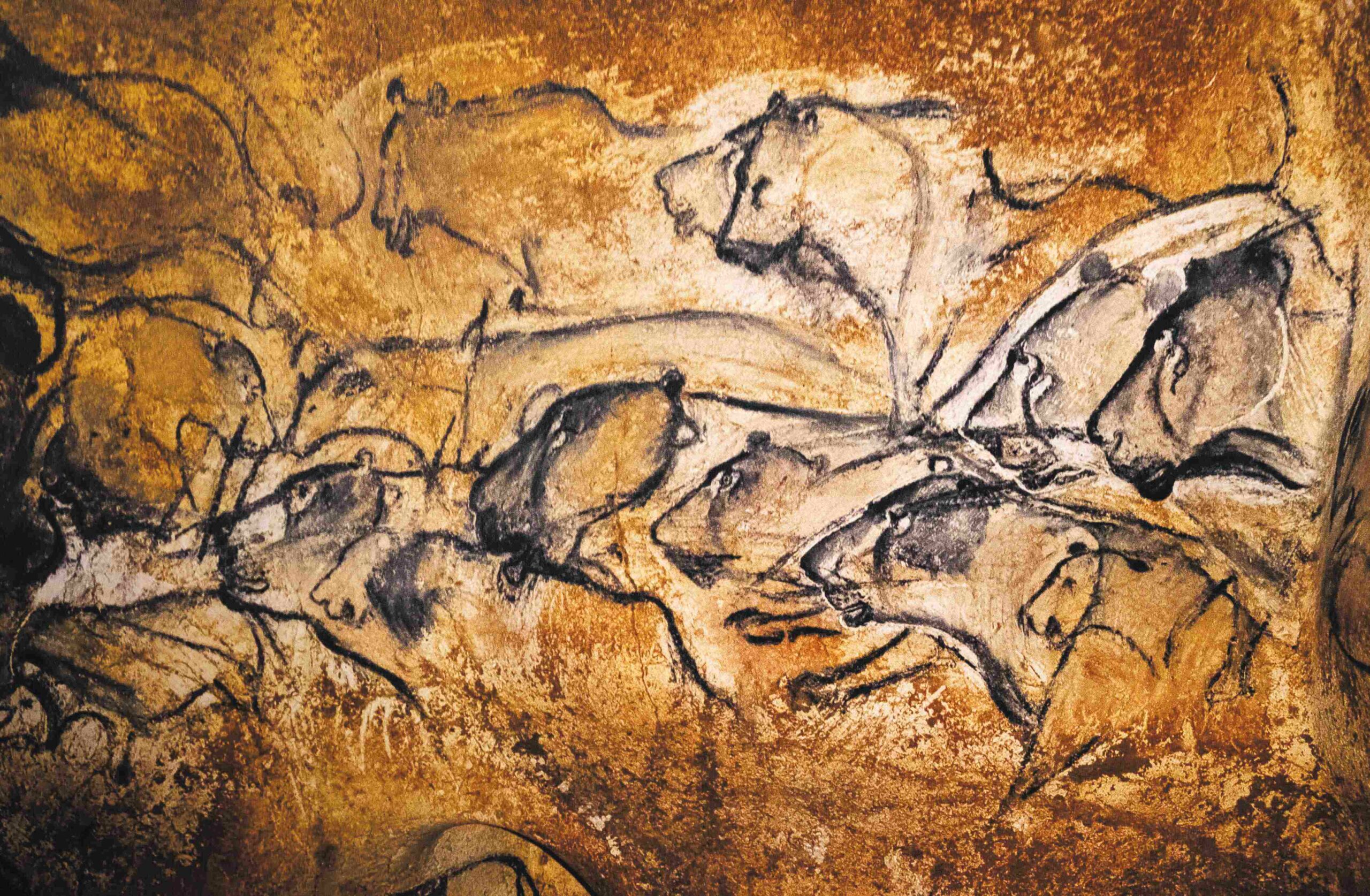PARIS, FRANCE—Ancestors of today’s Europeans lived in Crimea some 37,000 years ago, according to a Live Science report. Eva-Maria Geigl and Thierry Grange of France’s National Center for Scientific Research (CNRS) analyzed the genomes of two men whose remains were uncovered at the Crimea cave site of Buran-Kaya III and dated to between 35,800 and 37,500 years ago. The researchers then compared these genomes with those of other ancient Europeans. The researchers determined that the Buran-Kaya men were more closely related to recent European genomes than the genomes of people who entered Europe before the eruption of a super volcano in southern Italy some 40,000 years ago—an event thought to have wiped out most of the modern humans and Neanderthals in Europe. The researchers also noted that artifacts uncovered at Buran-Kaya resemble Gravettian-style tools usually dated about 7,000 years later. “Our results show that there must have been some survivors of this climate crisis who mated with the newcomers arriving in eastern Europe around 38,000 years ago,” Geigl said. “Hence, there was no complete population turnover,” she concluded. Read the original scholarly article about this research in Nature Ecology & Evolution. For more on the settlement of Europe, go to "Seeds of Europe's Family Tree."
Who Are the Ancestors of Today’s Europeans?
News October 30, 2023
Recommended Articles
Top 10 Discoveries of the Decade January/February 2021
Neanderthal Genome
Vindija Cave, Croatia, 2010
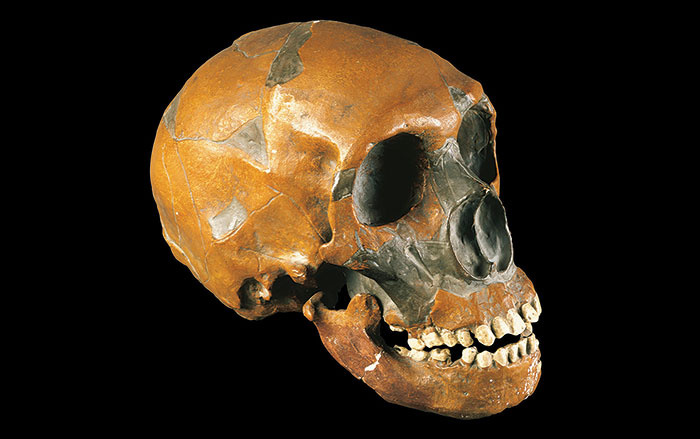
Digs & Discoveries September/October 2021
Neanderthal Hearing
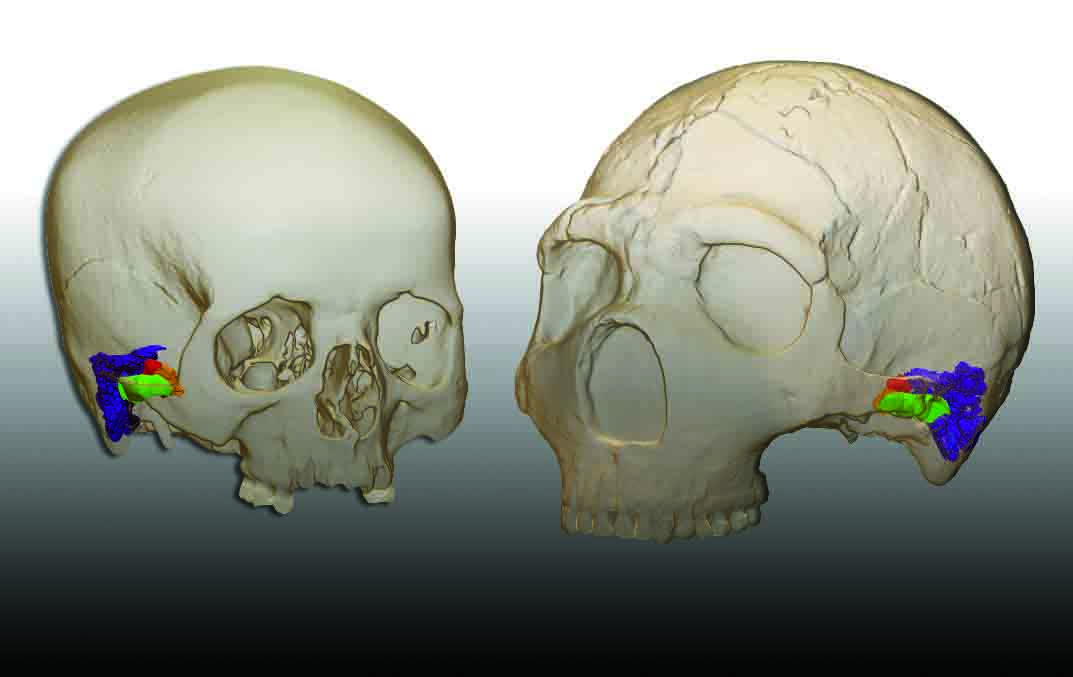
Digs & Discoveries November/December 2020
Painful Past
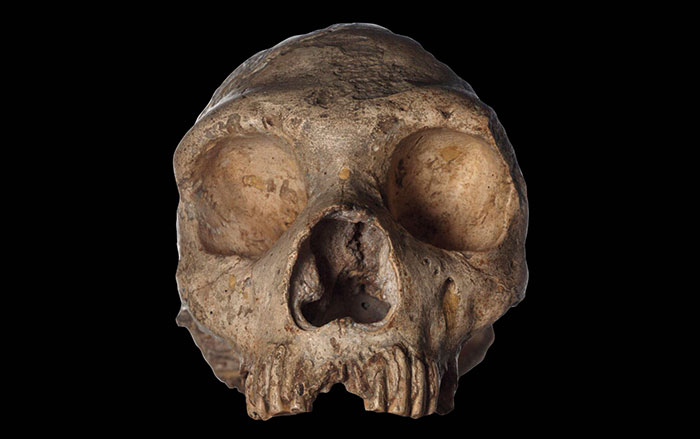
Digs & Discoveries July/August 2020
Twisted Neanderthal Tech
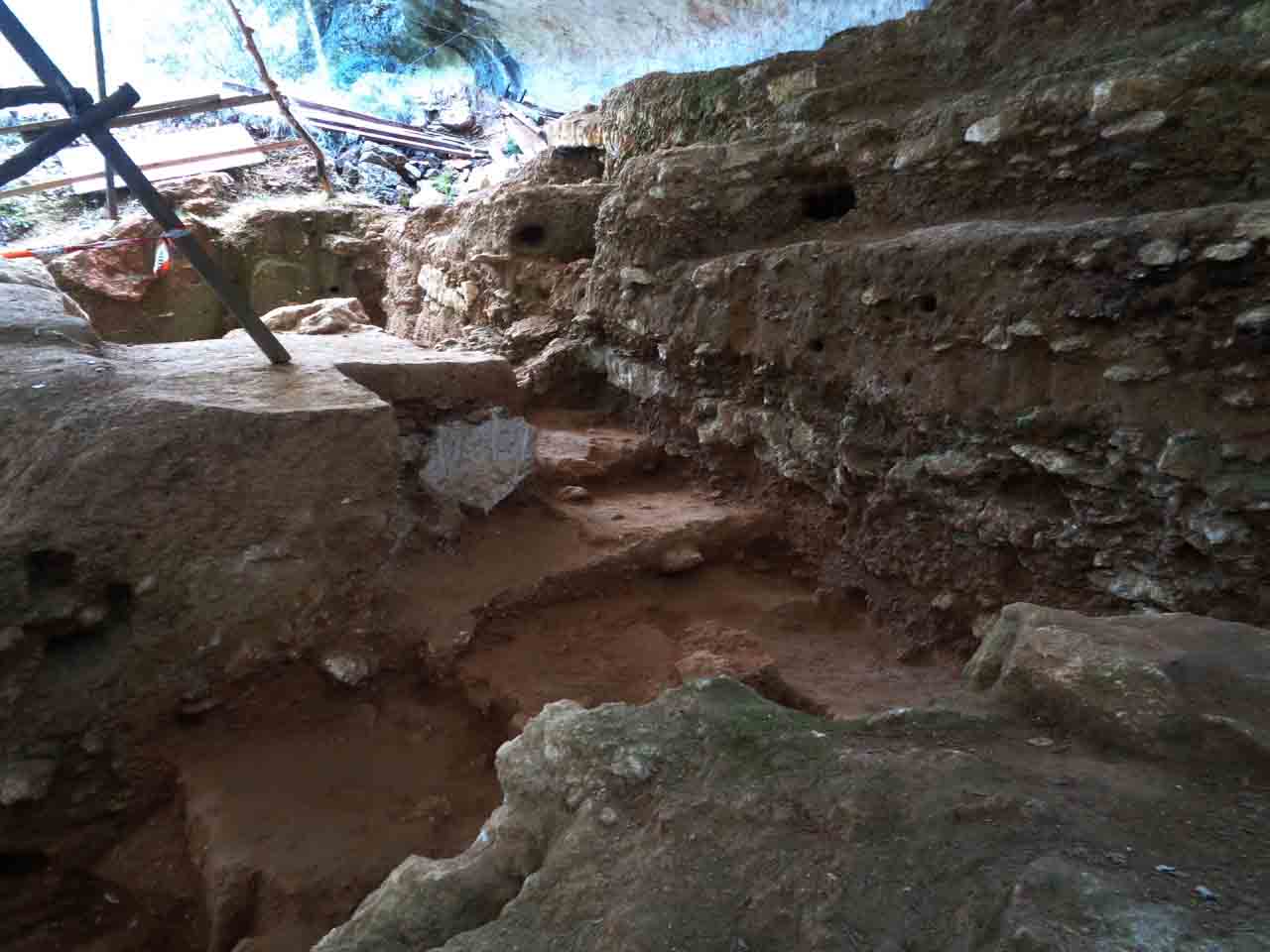
-
Features September/October 2023
Ukraine's Lost Capital
In 1708, Peter the Great destroyed Baturyn, a bastion of Cossack independence and culture
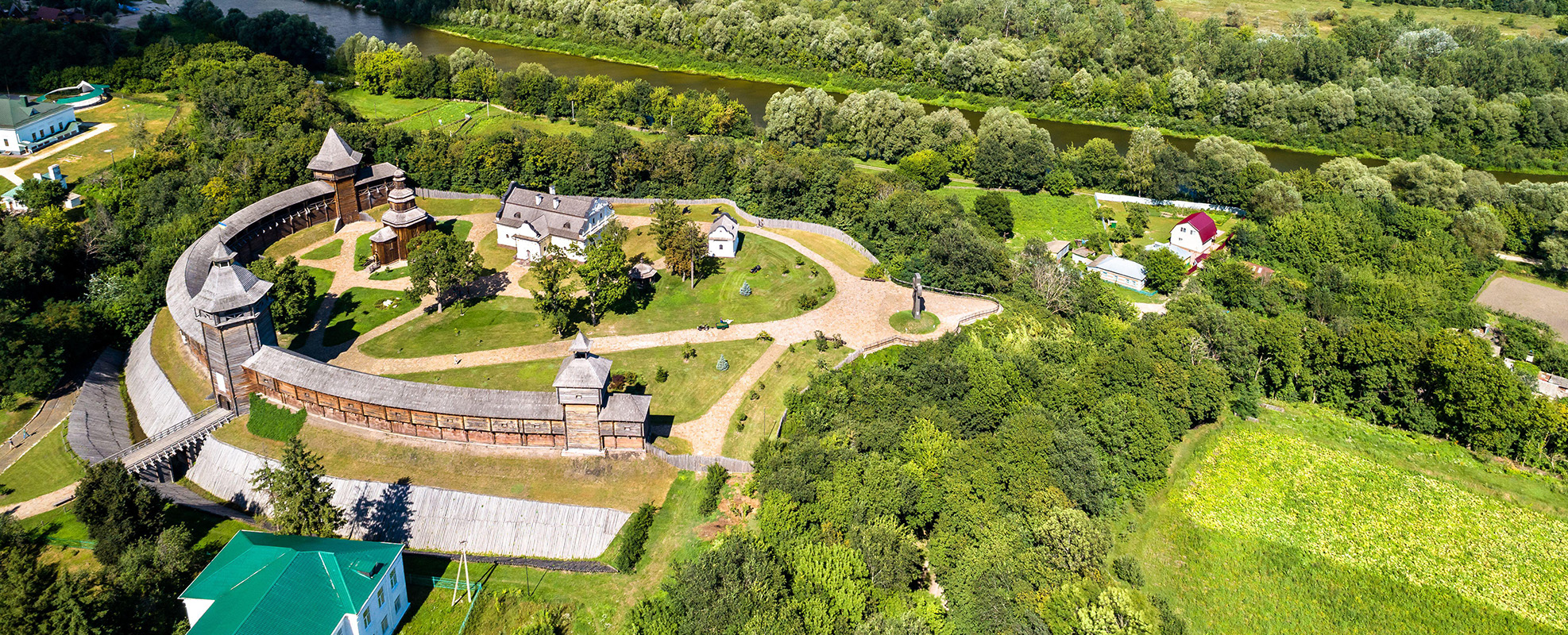 (Leonid Andronov/Alamy Stock Photo)
(Leonid Andronov/Alamy Stock Photo) -
Letter from Vesuvius September/October 2023
Digging on the Dark Side of the Volcano
Survivors of the infamous disaster rebuilt their lives on the ashes of the a.d. 79 eruption
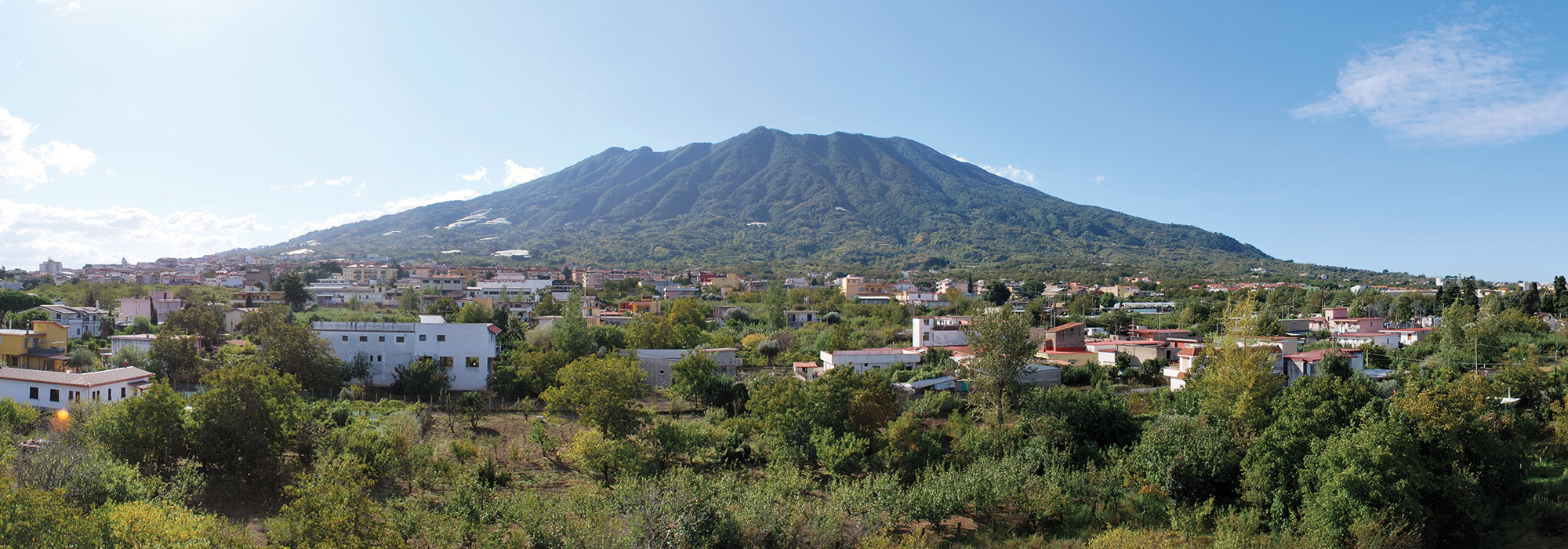 (Courtesy Girolamo Ferdinando De Simone)
(Courtesy Girolamo Ferdinando De Simone) -
Artifacts September/October 2023
Padlock
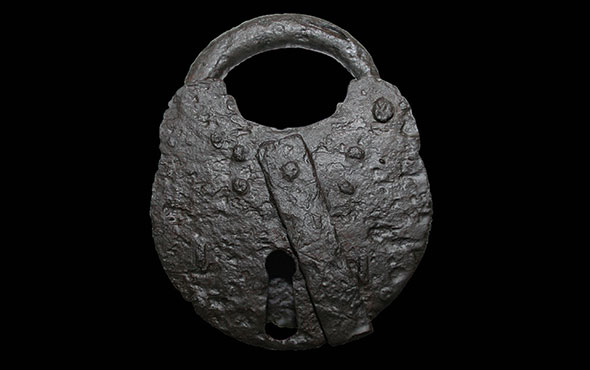 (Courtesy James Davidson)
(Courtesy James Davidson) -
Digs & Discoveries September/October 2023
Nose to Tail
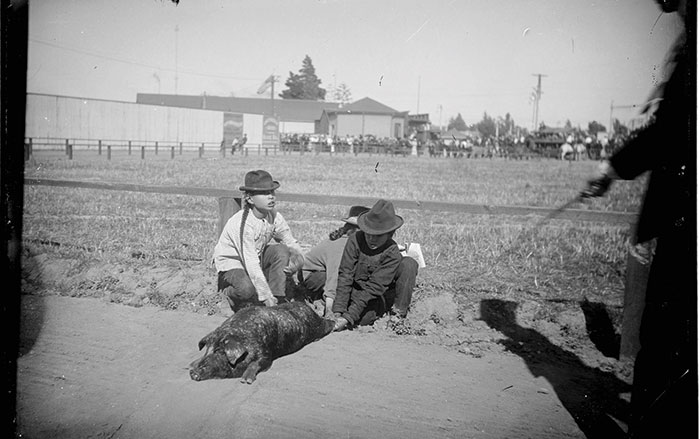 (Lisa See collection. The Huntington Library, San Marino, California)
(Lisa See collection. The Huntington Library, San Marino, California)


